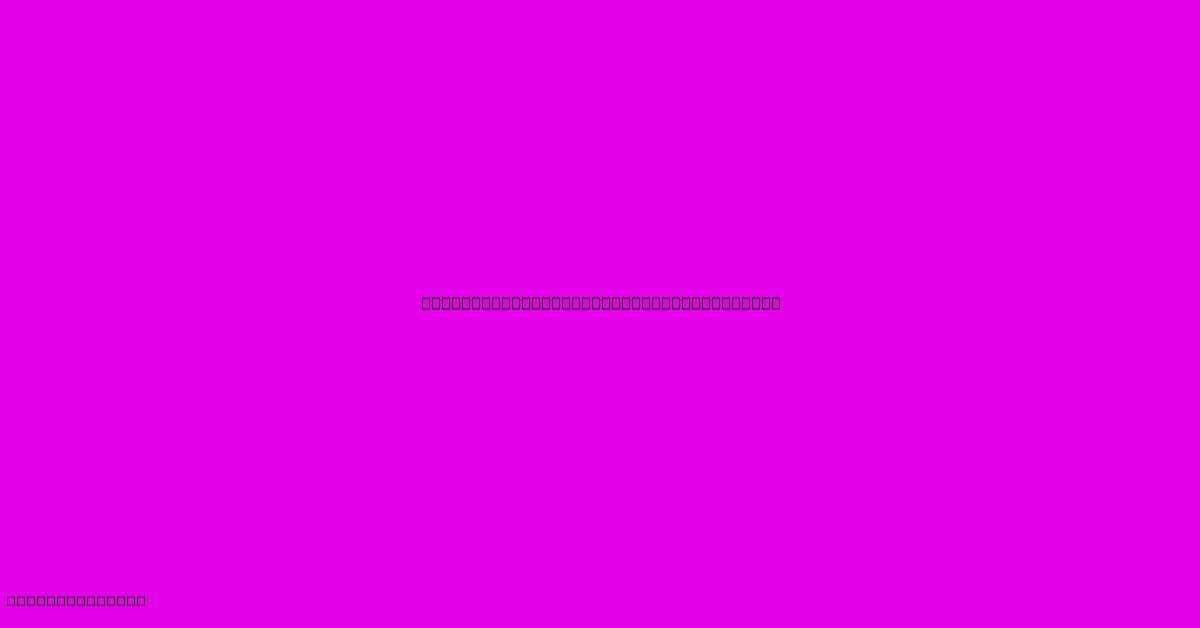Corden's Awkward Chalamet Correction

Discover more detailed and exciting information on our website. Click the link below to start your adventure: Visit Best Website mr.cleine.com. Don't miss out!
Table of Contents
Corden's Awkward Chalamet Correction: A Viral Moment Deconstructed
James Corden's interview with Timothée Chalamet on "The Late Late Show" took an unexpected turn, resulting in a viral moment dubbed "Corden's Awkward Chalamet Correction." This wasn't your typical celebrity gaffe; it sparked a wider conversation about interview dynamics, celebrity power, and the evolving nature of late-night television. Let's dissect what happened and why it resonated so strongly with audiences.
The Incident: A Misunderstanding or a Power Play?
The core of the controversy lies in a seemingly minor correction. During the interview, Corden mispronounced Chalamet's name, a common mistake for many. However, Chalamet gently corrected him. Corden's response, which many viewers found awkward and condescending, involved a drawn-out, slightly patronizing correction of his own pronunciation. This seemingly simple exchange escalated into a widely discussed moment, highlighted by many online commentators.
The perceived awkwardness stemmed from several factors. Firstly, Corden's response seemed disproportionate to the initial correction. Secondly, some interpreted Corden's demeanor as condescending, suggesting a power imbalance between the established late-night host and the rising star. This perception was amplified by the fact that the subsequent online discussions of the interview often centered on Corden’s actions rather than Chalamet's work.
The Fallout: Social Media and Public Opinion
The clip quickly went viral, spawning countless memes and discussions across various social media platforms. Many users sided with Chalamet, praising his grace and professionalism in handling the situation. Others criticized Corden's reaction, viewing it as arrogant and indicative of a larger problem within the entertainment industry.
The incident highlighted a growing sentiment amongst viewers: a weariness of the traditional late-night talk show format and its often-unequal power dynamics. Corden, known for his boisterous and often over-the-top interview style, became a focal point for criticism. The incident sparked conversations about the need for more respectful and equitable interactions between interviewers and interviewees, particularly when there's a noticeable difference in their perceived levels of fame and influence.
Beyond the Clip: A Reflection on Interview Culture
The "Awkward Chalamet Correction" transcends a simple mispronunciation. It serves as a microcosm of broader issues within interview culture. The incident prompted viewers to consider:
- Power Dynamics: The interview highlighted the potential imbalance of power between established hosts and rising stars. Does the host always hold the upper hand? Should there be a greater emphasis on respectful dialogue?
- The Evolution of Late Night: Are traditional late-night formats becoming outdated? Is there a demand for more authentic and less contrived interviews?
- Celebrity Treatment: How should celebrities be treated in interviews? Is there a line between lighthearted banter and disrespect?
The incident with Timothée Chalamet provided a catalyst for discussion. It forced a reconsideration of the way we approach interviews and celebrity interactions. The seemingly minor mispronunciation and subsequent correction became a significant cultural touchstone, revealing deeper anxieties about power, respect, and the ever-evolving world of late-night television. The viral moment wasn't just about a name; it was about a larger societal shift in perspective on these issues.

Thank you for visiting our website wich cover about Corden's Awkward Chalamet Correction. We hope the information provided has been useful to you. Feel free to contact us if you have any questions or need further assistance. See you next time and dont miss to bookmark.
Featured Posts
-
Institute For Physical Science And Technology
Dec 21, 2024
-
Fabric Technologies
Dec 21, 2024
-
Sal Da Vinci Significato Non E Vero
Dec 21, 2024
-
Technology Sales Resume Examples
Dec 21, 2024
-
San Jose Technology
Dec 21, 2024
